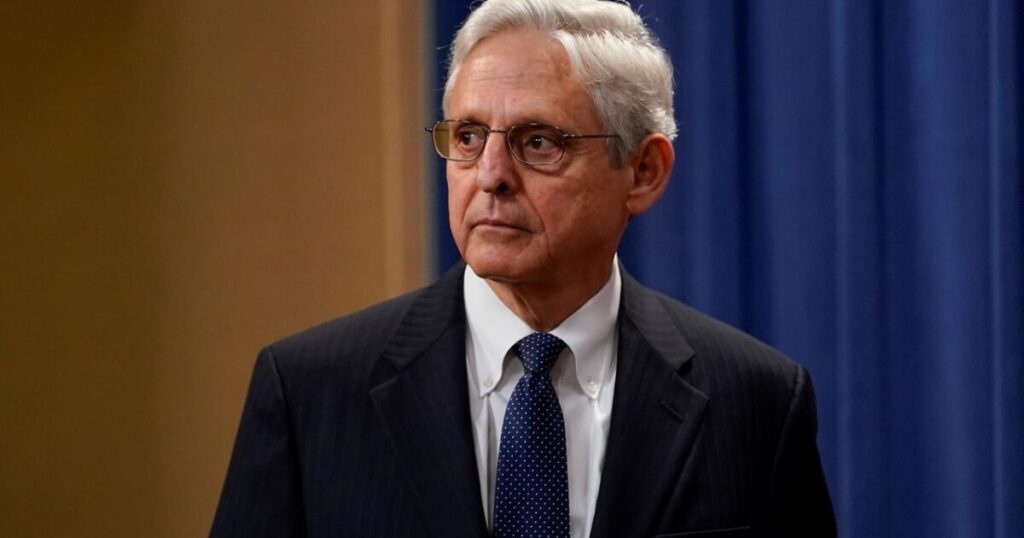In the turbulent transition period following Donald Trump’s election victory, U.S. Attorney General Merrick Garland is reportedly making efforts to retain career employees at the Department of Justice (DOJ), amidst fears that many staffers might leave rather than serve under a Trump administration. According to a report by The Washington Post, Garland has expressed significant concern regarding the morale and stability of the DOJ, encouraging employees to stay and emphasizing the importance of retaining institutional knowledge as the new administration prepares to assume leadership. This effort comes as a response to the uncertainty and tumult that has enveloped more than 100,000 individuals within the DOJ, as many employees grapple with the potential shift in the agency’s leadership and priorities.
Despite Garland’s call to action, numerous current and former DOJ employees indicate that there hasn’t been a notable wave of resignations. They report that the transition phase is unfolding in a manner consistent with past administrations, with minimal discussions about Trump and his potential appointees in transitional meetings. Many career civil servants within the DOJ have prior experience working during Trump’s first term, leading them to adopt a wait-and-see approach regarding department changes. This atmosphere highlights the complexities of government transitions and the mixed feelings among staff concerning the impending changes in leadership and policy direction.
In a recent address at the U.S. Attorney’s Office for the Southern District of New York, Garland reinforced his commitment to the employees, declaring that they are crucial to upholding the rule of law and protecting civil rights. He acknowledged his own potential departure while simultaneously recognizing the importance of the career professionals who form the “institutional backbone” of the DOJ. This language underscores not only a desire to maintain organizational stability but also a strategic positioning that seeks to keep core values intact during a politically charged transition.
Some observers interpret Garland’s outreach as a maneuver to undermine Trump’s agenda from within, reminiscent of tactics employed by Democratic holdovers during the prior Republican administration. The language of “institutional knowledge” can be seen as a rallying cry for employees to resist changes that they may view as counterproductive. Notably, recent reports suggest a climate of anxiety within the DOJ and the FBI, with some officials hiring criminal defense attorneys in anticipation of potential conflicts or repercussions that could arise if Trump returns to power.
The uncertain future under Trump’s prospective attorney general, Pam Bondi, raises further questions about the fate of long-serving personnel in the DOJ. It remains unclear how aggressive Bondi may be in executing Trump’s agenda and whether she will take a broad-brush approach to dismissing employees with established careers in public service. Nevertheless, the prospect of remaining Biden-aligned personnel working within the DOJ could complicate efforts to implement Trump’s policies and priorities, possibly creating internal strife and hindered enforcement.
The interplay between Garland’s appeal to DOJ employees and the looming changes associated with a new administration highlights the complex dynamics within federal law enforcement. This situation is emblematic of the broader tensions that often accompany shifts in political power, as career officials try to navigate their roles in maintaining legal and institutional integrity while aligning with the evolving directives of political leaders. As the country braces for a potentially rocky transition, the outcomes will likely shape the DOJ’s direction for years to come, revealing the challenges of governance at the intersection of law, politics, and personal conviction.

